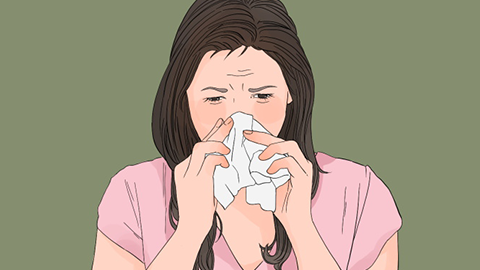Can people with allergic rhinitis eat bird's nest?
Generally, people with allergic rhinitis can consume bird's nest, but excessive consumption is not recommended. Detailed analysis is as follows:

The main components of bird's nest are water-soluble proteins, minerals, and amino acids, which generally do not trigger typical symptoms of allergic rhinitis. Moreover, components such as sialic acid found in bird's nest help promote the activity of immune cells and regulate immune function, thus providing some auxiliary benefits in improving allergic constitutions. Additionally, bird's nest is mild in nature, easily digested and absorbed, does not irritate the respiratory tract, nor does it exacerbate nasal mucosal sensitivity. Patients with allergic rhinitis should avoid clearly identified allergens in their daily diet, and bird's nest is not a common allergen. As long as patients themselves are not allergic to bird's nest, moderate consumption is safe.
Before consuming bird's nest, individuals should confirm whether they are allergic to it. A small test portion can be taken initially to observe for any allergic reactions such as rash, sneezing, or worsened nasal congestion. If no adverse reactions occur, normal consumption is acceptable. Also, high-quality bird's nest purchased from reputable sources should be selected to avoid low-quality products containing added ingredients. Consumption should be controlled to avoid excessive intake that could burden the body. Furthermore, bird's nest cannot replace medical treatment for allergic rhinitis, and patients should still follow standard medical guidance for appropriate treatment.




